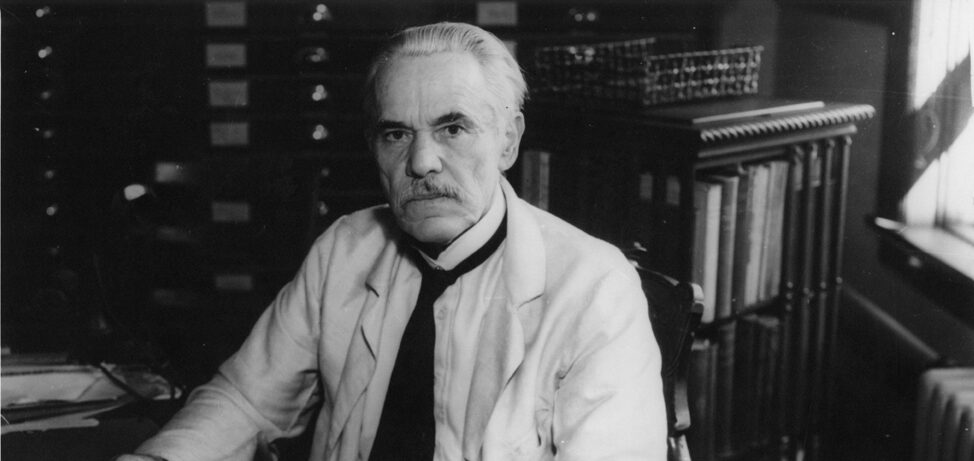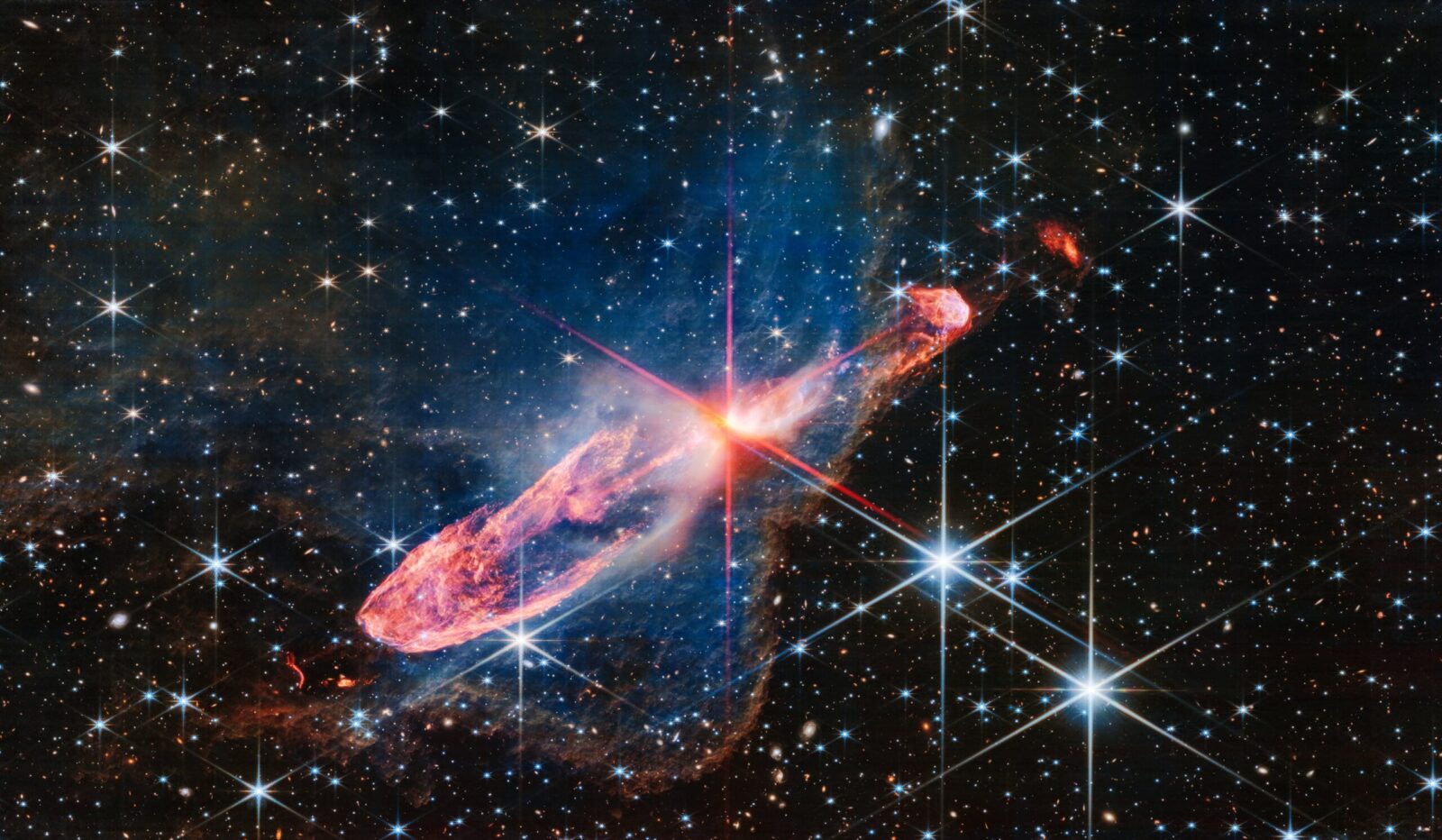


Defining and Discussing the Radio Spectrum

How Modern Physics Reveals Purpose in the Universe

Discussing the Cartesian Error

Extravagant Claims: James Tour & Stephen Meyer Critique Origin of Life Research

The Sound of Freedom: Human Trafficking In your Own Backyard

James Tour and Stephen Meyer Bring Clarity to Origin of Life Debate

Neuroscience, The Mind, and Theism

Engineering, not Evolution, Explains the Body
